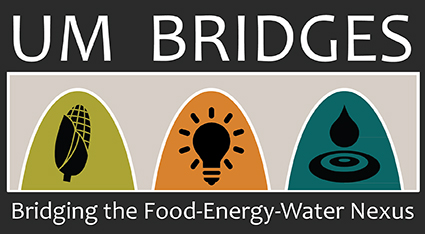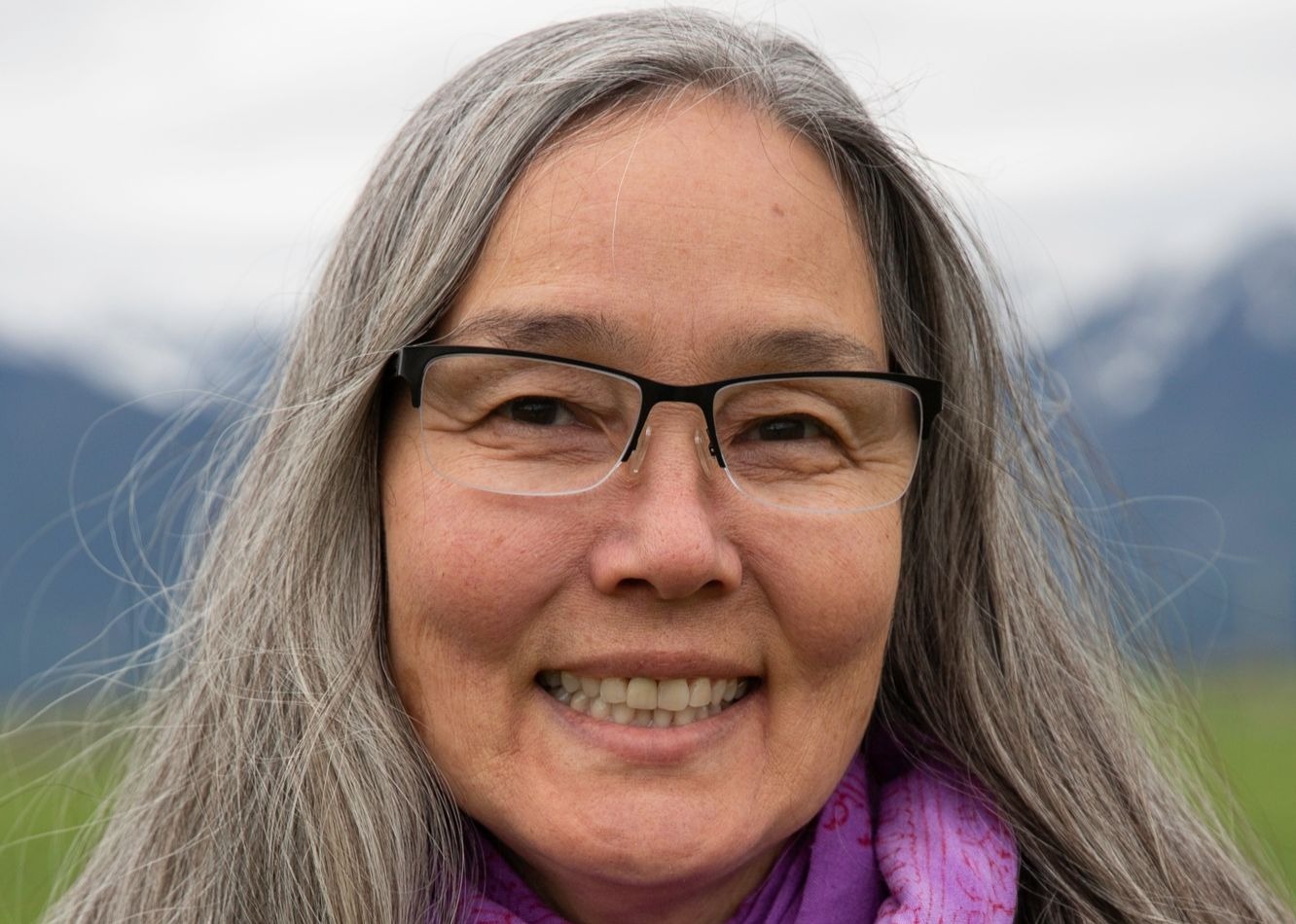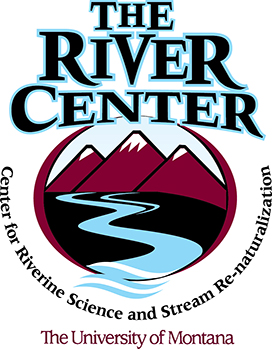
UM BRIDGES Trainee Cynthia Coleman in the Spotlight

Cynthia Coleman is a master’s student in the Department of Society and Conservation and a fellow in the BRIDGES program at the University of Montana. Born and raised in San Bernardino, California, Coleman is also an enrolled member of the native village of Unalakleet, Alaska. Coleman came to the University of Montana to research how industrial hemp contributes to tribal sovereignty. She will complete her master’s work this fall and will enter the Forest and Conservation Sciences Ph.D. program in the spring of 2020 at the W.A. Franke College of Forestry and Conservation, where she will be a Sloan Scholarship recipient.
STORY TRANSCRIPT
My name is Cynthia Coleman. I'm a graduate student in the Department of society and conservation at the University of Montana. I'm in Missoula. It's in the northwest part of Montana. And sits in a valley. Missoula. It's beautiful here. If you go over a couple of hills and drive about 40, 45 minutes north you hit the Flathead Indian Reservation. I like visiting the Flathead Indian reservation because it seems it feels sacred. It also reminds me of home.
I'm an enrolled member of the native village of Unalakleet and our tribe is Inupiat. Unalakleet is a remote village below Nome on the coast of Alaska. When I go to Alaska and just get out it just looks like and smells like and feels like home. And the Flathead is one of the few places that has that same impact on me.
What I'm looking at is hemp production in Native American communities and how it relates to tribal sovereignty. And I got into hemp because of my father's diagnosis of Parkinson's dementia, so I was Googling what I can do to help alleviate some of the symptoms or any information I could find out and I came across cannibidiol oil from the hemp plant. And that is one of the things that they believe to be beneficial to people who have Alzheimer's or dementia. It’s just important, especially with his diagnosis to engage in life. If there was something out there that helped prolong his social communication I felt like that was important.
Then I started finding out all these other incredible things that hemp does. It's a food. It's a medicine. It's also a biofuel and it's also a low water intensive crop. Then I started thinking about how it could be beneficial to tribes. Then I started finding out there are a couple of tribes that are already engaged in hemp production.
Winona LaDuke has a hemp and heritage farm in Minnesota on the White Earth Reservation. And she actually came and spoke as part of the Presidential Lecture Series here at UM. And so I connected with her, we talked about hemp and told her that I was researching hemp production in Native American communities. And so, my proposal right now sitting in front of tribal council there another tribe that has been engaged in hemp production just as long is the Colville in the state of Washington and I'm in the same position there. My proposal is sitting in front of tribal council. So, I'm doing a multi-case study of two tribes who have been engaged in hemp production for three years already.
If everything gets approved. I mean that's kind of my interest in it is how it relates to tribal sovereignty but with Indigenous research it doesn't really matter what I want. Part of why I'm there is to just give them voice. To be an active listener and find out really what's important to them. Whatever analysis I come up with, I will offer it back to the community. I view it as a collaboration. I'm a part of putting science into action.
The Indigenous community at UM is great. The students here are great. They provide a lot of support. But I feel like my committee is extremely supportive of including an Indigenous perspective. This has been a good school. It's a good match for me. I feel like I'm flourishing here and the support is phenomenal.

